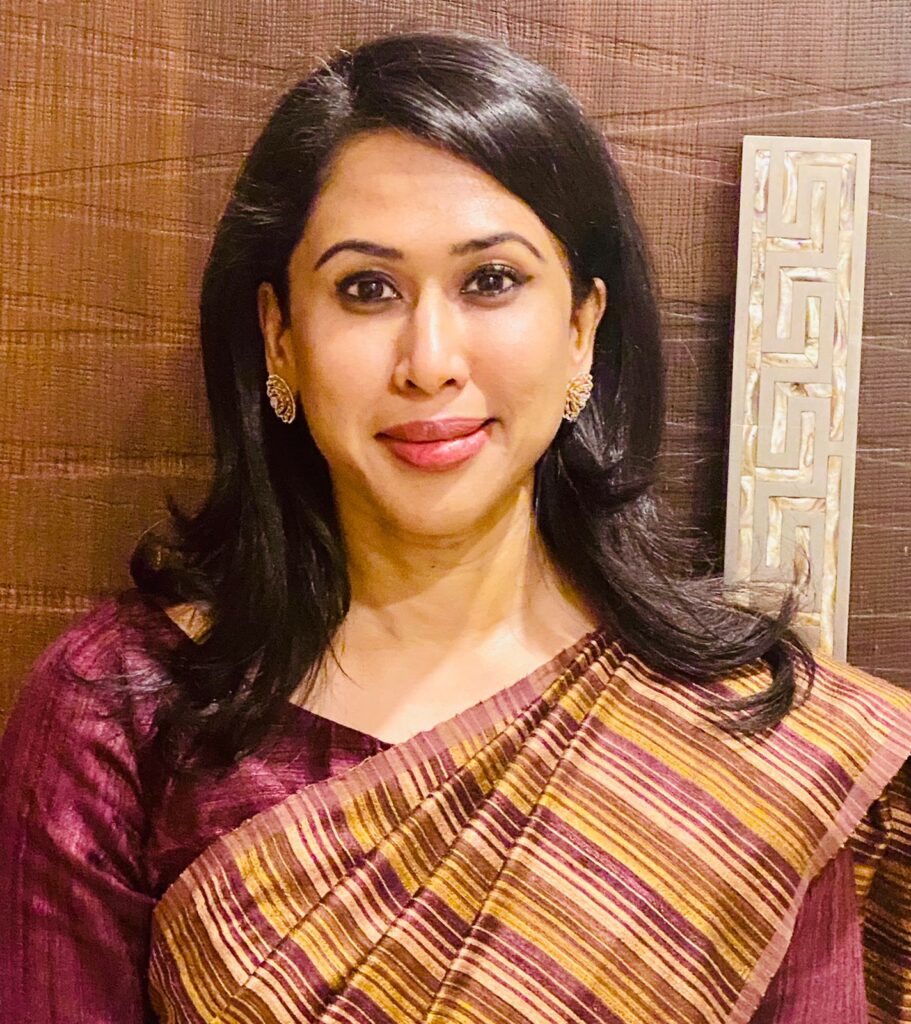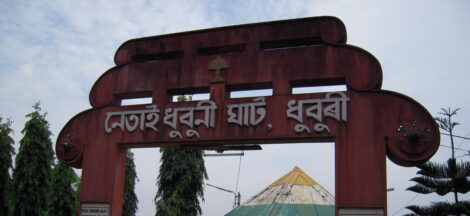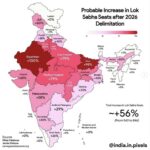Congress leader Shama Mohamed’s assertion that mathematics was introduced to humankind through Islam has sparked a fierce political and academic debate. Her comments, made in an interview with news agency ANI, have drawn sharp reactions from the Bharatiya Janata Party and ignited widespread discussions over the origins of mathematical knowledge.
Speaking to ANI, Mohamed claimed, “Math has come through Islam,” a statement that has since gained considerable attention in political and educational circles. Her remarks, which were delivered with conviction, have led to a flurry of responses, with critics questioning the historical accuracy of such a claim. The BJP, in particular, has expressed strong disapproval, accusing the Congress leader of distorting historical facts and trying to influence public perception by making unfounded statements.
This controversy touches on a long-standing debate regarding the contributions of various cultures and civilisations to the development of mathematics. While it is widely acknowledged that the Islamic world played a significant role in preserving and advancing mathematical knowledge during the medieval period, particularly through scholars such as Al-Khwarizmi, the claim that mathematics itself originated through Islam has been met with skepticism.
Mathematics, as a discipline, has evolved over millennia, with contributions from ancient civilisations such as the Egyptians, Greeks, Babylonians, and Indians. The mathematical concepts developed by ancient mathematicians such as Euclid, Pythagoras, and Aryabhata form the foundation of much of the modern mathematical understanding. While the Islamic Golden Age saw the translation of Greek and Indian texts into Arabic and the development of new mathematical methods, it is a stretch to assert that mathematics was introduced to humankind solely through Islam.
The BJP has been quick to criticise Mohamed’s remarks, calling them an attempt to revise history for political purposes. BJP spokespersons have pointed out that while the Islamic world made important contributions to mathematics, the field has deep roots in many other ancient cultures. They have also raised concerns about the potential for these types of claims to undermine the rich and diverse history of mathematics, which has been shaped by countless individuals and cultures.
In contrast, some scholars have come to Mohamed’s defence, arguing that her statement may have been misunderstood. They contend that she was referring to the Islamic contribution to the preservation and further development of mathematical knowledge during the Middle Ages, a period when much of Europe was embroiled in turmoil and scientific progress had slowed. During this time, Islamic scholars made significant advances in algebra, trigonometry, and geometry, which laid the groundwork for later developments in Europe during the Renaissance.
The controversy also highlights the sensitive nature of historical narratives in contemporary political discourse. History has often been a battleground for ideological struggles, with different groups seeking to claim ownership of particular achievements or events. Mohamed’s statement, whether intentional or not, seems to have become a flashpoint in this ongoing struggle for historical narrative control.
While the BJP has focused on refuting Mohamed’s claim, there has been little effort to engage with the substance of the broader issue she raised—the role of Islamic scholars in the development of mathematics. This omission has led to frustration among some academics, who argue that the focus on political point-scoring detracts from an important conversation about the contributions of different cultures to human knowledge.
One of the main criticisms of Mohamed’s statement is its oversimplification of the complex history of mathematics. The history of the subject is intertwined with the contributions of multiple cultures, each building upon the work of their predecessors. Ancient Egyptians and Babylonians were pioneers in geometry and numerical systems, while Indian mathematicians made groundbreaking contributions in the fields of zero and decimal notation. Greek mathematicians such as Euclid and Archimedes laid the foundations for many of the concepts still in use today.
During the Islamic Golden Age, scholars such as Al-Khwarizmi, whose name is the root of the word “algorithm,” translated and expanded upon the works of these ancient mathematicians. The Islamic world also made critical advancements in areas such as algebra and trigonometry, which would later influence European mathematics. However, it would be historically inaccurate to claim that mathematics, as a whole, originated with Islam.
The debate has also reignited broader questions about the role of religion and ideology in shaping historical narratives. In India, where religious and political tensions often spill over into public discourse, statements like Mohamed’s can have significant consequences. Political leaders from different parties frequently engage in battles over the interpretation of history, with each side accusing the other of distorting facts for partisan gain.




 M.K. Stalin Calls for Joint Action on Lok Sabha Delimitation
M.K. Stalin Calls for Joint Action on Lok Sabha Delimitation 